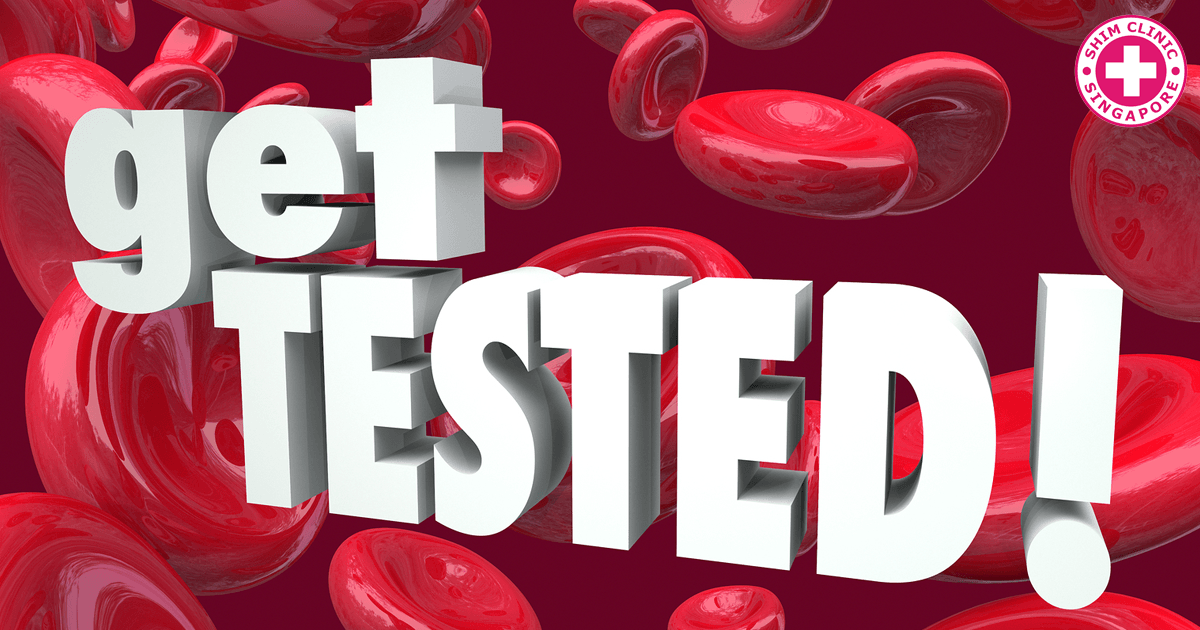HIV knows no race, religion, ethnicity or gender. It does not care whether you are a man or a woman, adult or a child. All that matters is that you have put yourself or have been put at risk of contracting the virus and are therefore at risk of infection.
In the United States, however, approximately 80% of new cases reported in 2014 were in men. This is an incredibly high statistic, as compared to less than 20% that related to women in the same period.
The symptoms for both men and women will largely be the same. However, there will be slight differences owing to the differences in the anatomical structures of the two.
Similarly, the indicators will vary depending on the stage of infection that an individual is at. Moreover, it is very possible for two people who are at the same stage to exhibit different elements.
The common symptoms will include;
Acute symptoms
The more common HIV symptoms are fever, body rash, severe headaches and sore throat. Other symptoms that are less common include fatigue, ulcers in the mouth and genitals, nausea and vomiting, swollen lymph nodes, muscle aches and joint pains.
The above can easily be mistaken for manifestations of the flu. It is estimated that 80% of infected persons will experience flu-like symptoms.
Normally, these signs will appear for a short period of about 2-4 weeks. At this stage, the viral load in the system is extremely high, and the body is developing antibodies to fight the intruder.
Asymptomatic stage
This phase begins as the acute symptoms fade. The individual exhibits no visible symptoms of HIV. The virus can remain in this seemingly latent state even for years. However, it is still replicating within the body and weakening the immune system.
During this time, some men complain of severely swollen lymph nodes. However, this may only be one of the only symptoms experienced.
Without HIV testing, it is almost impossible for one to know that they are carriers of the virus. This does not mean that they cannot transmit the same; on the contrary, it is very easy for transmission to occur since one is not wary of the existence of virus.
Advanced stage
This last stage is what progresses into AIDS. The body is weak and easily susceptible to other infections. Symptoms will include nausea and vomiting, persistent diarrhoea, recurring fever and chills, prolonged dry cough, rapid weight loss, neurological disorders, and chronic fatigue.
With an effective ART program, it is possible for a patient to suppress the virus thereby limiting the effects of these symptoms.
If treatment is started early, you can even achieve an undetectable status, where the chances of transmitting the infection are low, or according to CDC, impossible. This will allow you to live a healthy and fulfilling life, as well as enjoy a healthy and near-risk-free sexual life.
Should you find that you have any of these symptoms, seek medical counsel as soon as possible. If do think that you have been recently exposed (within the last 72 hours), please seek the help of specialised STD clinic like Shim Clinic for HIV PEP –

